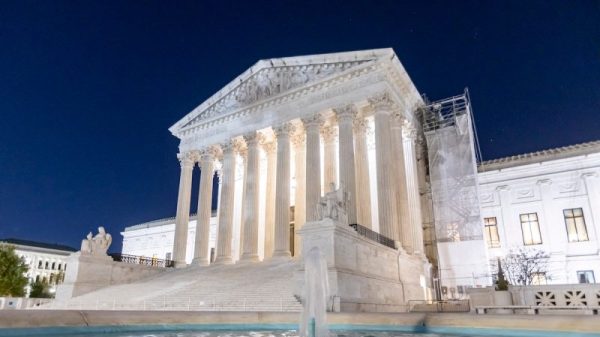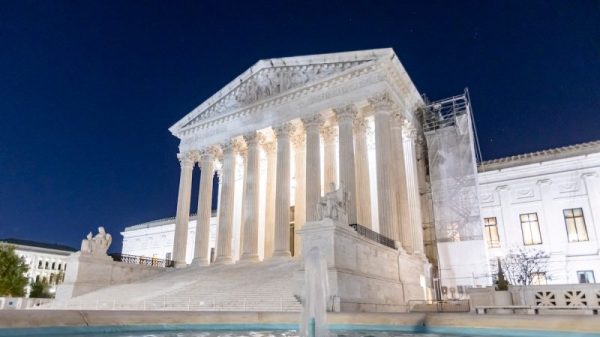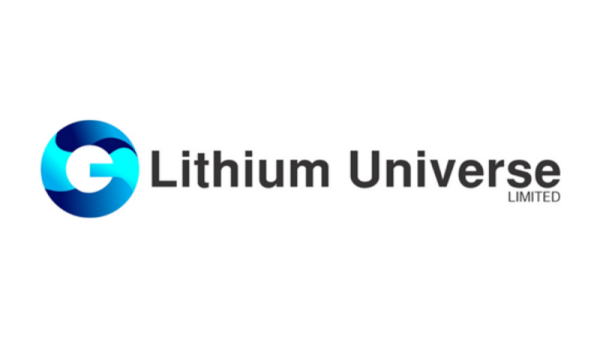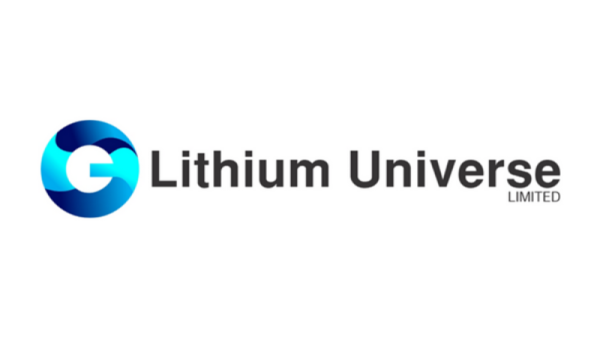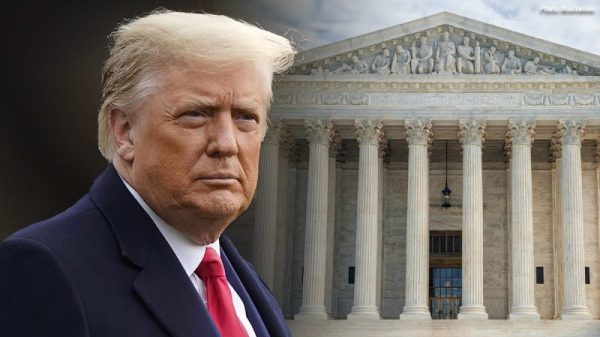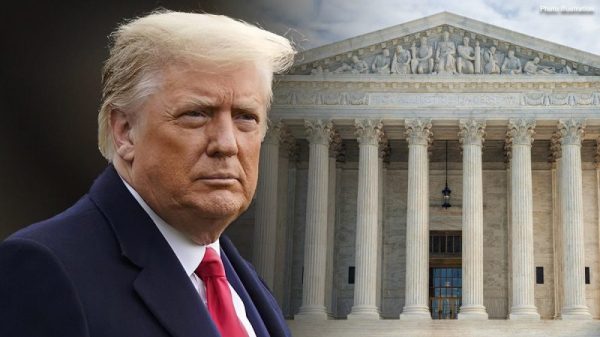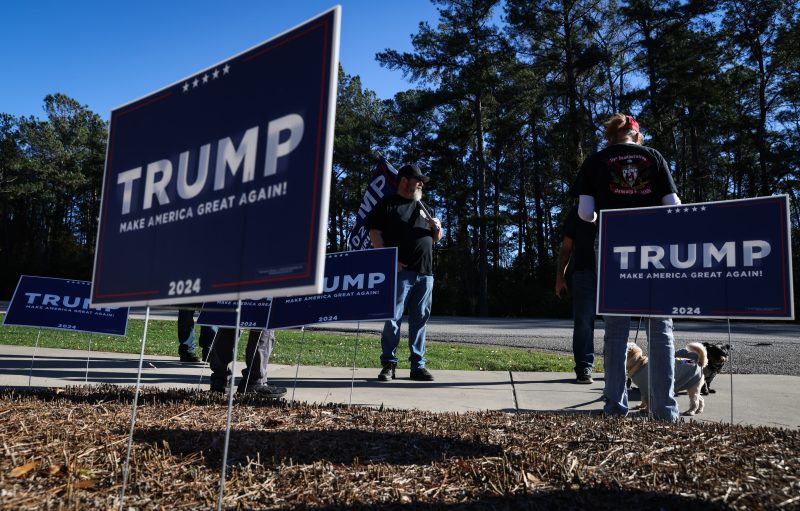Donald Trump holds a significant lead in South Carolina ahead of the state’s Feb. 24 primary, as he seeks to derail Nikki Haley’s candidacy and add to his string of early victories in the Republican presidential nominating contest, according to a Washington Post-Monmouth University poll.
The poll finds Trump at 58 percent support among potential Republican primary voters, with Haley at 32 percent. Haley has said her goal is to improve on her performance in last week’s New Hampshire primary, where she won 43 percent of the vote to Trump’s 54 percent.
With three weeks of campaigning remaining, she has considerable ground to make up to reach that goal — and with Trump showing few signs of weakness among the South Carolina primary electorate. He is better liked, has more enthusiastic supporters, is more trusted to handle key issues and is seen as a more likely winner of the general election than she is.
Trump also benefits from overwhelming support among voters who say President Biden was not legitimately elected but rather won the White House due to fraud, a false claim repeatedly advanced by the former president. In South Carolina, 57 percent of potential GOP primary voters say Biden was elected because of fraud and of those 85 percent currently support Trump for the nomination. Of those who say Biden was elected “fair and square,” Haley has the support of 70 percent.
Haley, a former South Carolina governor and former U.N. ambassador, has improved her standing since a poll taken last September, but Trump has moved up almost as much. Last fall, the poll showed her trailing by 46 percent to 18 percent at a time when the field of candidates was significantly larger. Both Post-Monmouth polls sampled potential voters who reported at least a 50-50 chance of voting in the Republican primary rather than choosing a specific definition of likely voters.
But while she has gained support, her personal image has tumbled, due in part to the pounding she has taken from the Trump campaign and from the now-suspended campaign of Florida Gov. Ron DeSantis.
In September, 59 percent of potential Republican primary voters in South Carolina said they had a favorable impression of Haley. In the new poll, her favorability has declined to 45 percent, with 41 percent having an unfavorable view. Among those who say they are “strong” Republicans, 48 percent have an unfavorable view of her compared with 38 percent who are favorable. In September, 65 percent of those who said they were strong Republicans rated her favorably.
Trump, on the other hand, maintains a significantly better image, with 66 percent of potential primary voters saying they have a favorable impression of him. That is up from 60 percent in September. Among strong Republicans, his favorable rating is 84 percent, marginally higher than in September.
Sen. Tim Scott (S.C.), who earlier dropped out of the contest for the nomination and more recently endorsed Trump, has a favorable rating that is higher than Haley’s, with 58 percent saying they have a positive impression of him.
Haley’s performance in New Hampshire was due in large part to the ideological composition of the electorate and her support among undeclared or independent voters and moderate voters. But South Carolina’s electorate is decidedly more conservative than New Hampshire’s — and with a significantly larger percentage of evangelical Christians.
In South Carolina, 37 percent of potential GOP primary voters identify as “very conservative,” compared with 25 percent according to New Hampshire exit polling and 52 percent in Iowa, where Haley ran third with 19 percent of the vote in that state’s caucuses. The new poll shows 80 percent of those identifying as very conservative supporting Trump, while 13 percent are backing Haley.
Haley has a strong lead over Trump among the smaller share of the electorate who say they are moderate or liberal, but the former president has a similarly strong lead over her among those who say they are “somewhat conservative.”
White evangelical Christians make up 54 percent of the South Carolina Republican primary electorate, compared with 19 percent in New Hampshire, based on the network exit poll, and 55 percent in Iowa, based on that state’s entrance poll. Of those in South Carolina who are White evangelicals, 69 percent say they back Trump to 22 percent who support Haley. Among all voters who say they are not White evangelical Christians, Haley is at 42 percent and Trump at 46 percent.
Voters in South Carolina do not register by party, and all are eligible to vote in either the Democratic or Republican primary. But Democrats will hold their presidential primary this Saturday and anyone who votes in that election is prohibited from voting in the later Republican primary.
The poll suggests Haley could benefit from broader turnout than Republican primaries in previous years. She receives 55 percent support among voters who have participated in both Democratic and Republican primaries according to voter records. Among voters who have only voted in Republican primaries, 67 percent support Trump.
Trump’s supporters are considerably more engaged, with 86 percent saying they are absolutely certain to vote, compared with 71 percent of Haley’s supporters. Asked about motivation, the gap is even wider, with 73 percent of Trump supporters saying they are extremely motivated to vote compared with 45 percent of Haley supporters.
Nearly two-thirds of Trump supporters say they would be enthusiastic if Trump became the nominee, compared with about half of Haley supporters who say the same about her. But most Haley supporters say they would be upset if Trump becomes the GOP nominee.
Haley has argued that she is more electable than Trump in a general election and has cited some polls that back up that claim. But among potential South Carolina Republican primary voters, that claim isn’t accepted. While voters believe both candidates would defeat Biden in November, 70 percent say Trump would definitely or probably win while 62 percent say Haley would win. Twice as many voters think Trump would definitely beat Biden as say this of Haley, 42 percent to 21 percent.
Trump has wide leads on which candidate would be more trusted to handle immigration (62 percent to 22 percent), economic policy (60 percent to 21 percent) and foreign policy (54 percent to 29 percent). Only on the issue of abortion are the two relatively close, with 35 percent saying they trust Trump more, 26 percent saying they trust Haley more and 33 percent saying they trust the two equally.
A majority (56 percent) say abortion should be illegal in most or all cases and among those voters Trump leads Haley by 74 percent to 19 percent. A 54 percent majority of potential Republican voters in South Carolina is “somewhat” or “very” concerned the Republican Party is focused too much on abortion.
Trump has been charged in two jurisdictions in cases involving efforts to subvert the results of the 2020 election. In South Carolina, half the GOP primary electorate (50 percent) says they believe he did nothing wrong while another quarter say he did something wrong but did not commit a crime. About 1 in 5 (21 percent) say he committed a crime.
Asked what the Republican Party should do if Trump were convicted of a crime after he wins the nomination, 60 percent say he should remain as the nominee, but 36 percent say he should be replaced by another candidate, a sign of potential problems for him depending on how the court cases go.
Asked for whom they would vote if Trump were convicted and remained as the Republican nominee, 62 percent say they would be with the former president, but 17 percent say they would back Biden and 15 percent say they would vote for another, unnamed, candidate. Among Haley’s supporters, 44 percent say they would vote for Biden and 28 percent say they would support another candidate. Trump faces fewer defections among voters who supported him in the 2020 general election; 82 percent of this group says they would vote for Trump this year even if he were convicted.
Almost 6 in 10 potential Republican primary voters in South Carolina (62 percent) say it’s more important to them to have Republicans nominate a presidential candidate whose positions on the issues come closest to them; 33 percent say it’s more important to have a candidate who seems most likely to defeat Biden in November. There is virtually no difference on this between Trump and Haley supporters.
The Post-Monmouth poll was conducted Jan. 26-30 among a random sample of 815 potential GOP primary voters in South Carolina sampled from a statewide voter file. The sample was limited to voters who registered since 2020 or who records indicate voted in a Republican primary since 2016; it included only voters who said they are certain to (79 percent), probably will (13 percent) or that there is a 50-50 chance (7 percent) they will vote in the February Republican primary. Interviews were conducted by live callers on cellphones and landlines, as well as through an online survey via cellphone text invitation. The margin of sampling error is plus or minus 3.9 percentage points among the full sample of potential Republican primary voters.
Sonia Vargas contributed to this report.












